Delicious rice, anti-fall
Japonica rice is a rice variety from Japan with white, fragrant, short grain characteristics. Japonica rice is soft, sticky, and contains many minerals that are good for health.
Faced with the increasing demand for high-quality Japonica rice, both domestic and export markets requiring rice with soft, fragrant and food-safe rice, Thai Binh Seed Corporation (ThaiBinh Seed) - a leading enterprise in the field of plant seeds in Vietnam - has continuously researched, selected and officially launched a new Japonica rice variety called TBR16.
TBR16 is a Japonica variety that is sensitive to heat, created by ThaiBinh Seed after many testing cycles. The variety has an average growth period, suitable for planting in both Winter-Spring and Summer-Autumn crops. The plant is 100-105 cm tall, has strong morphological characteristics, stiff stems, upright leaves, helping to limit lodging at the end of the season - one of the common limitations of many other Japonica varieties, especially in areas with strong winds, late rains or steep terrain such as the midlands and mountainous areas of the North.
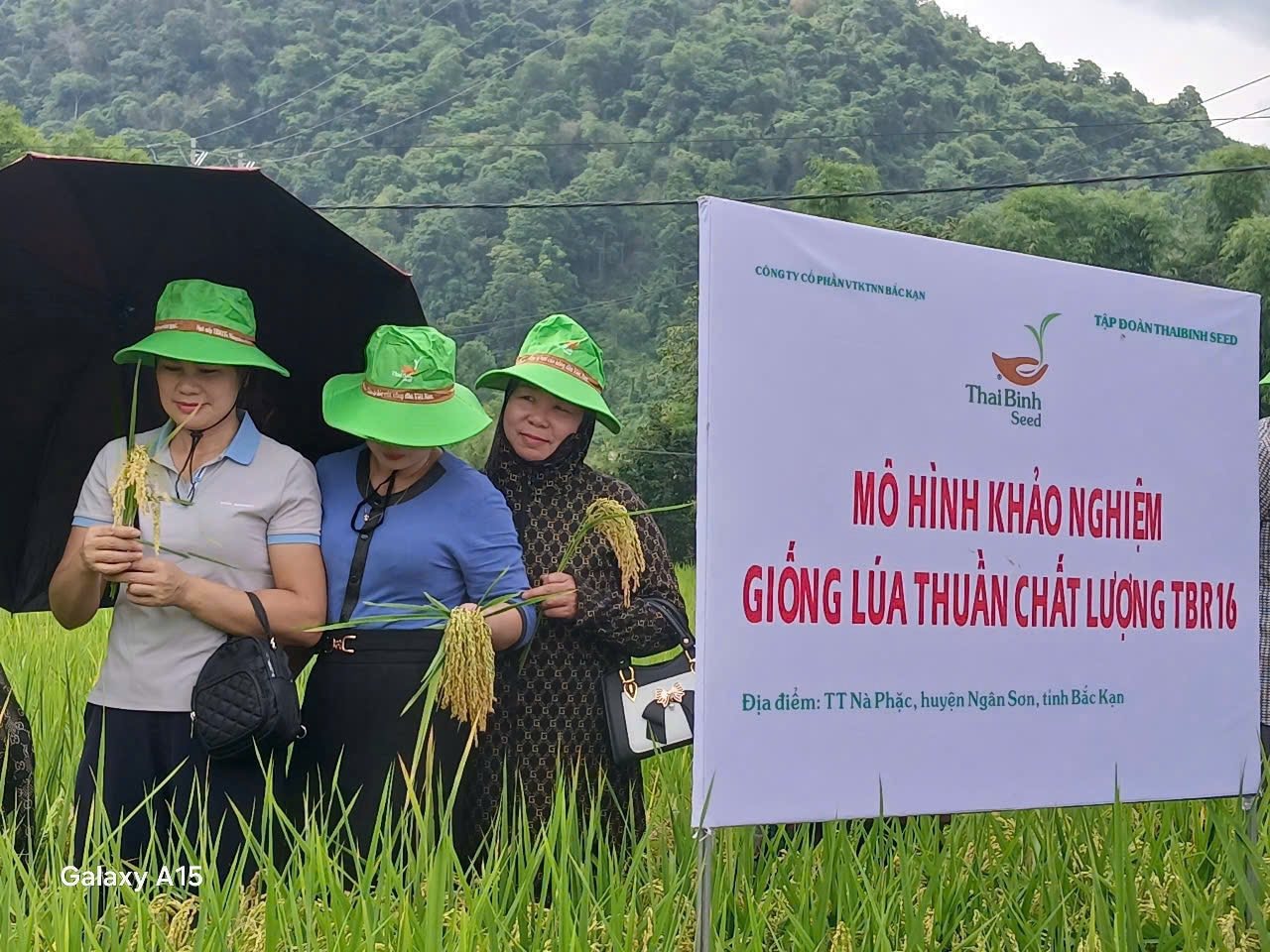
In particular, TBR16 grows strongly, tillers well, and is widely adaptable to many types of soil such as neutral alluvial soil, poor soil, and slightly acidic soil. Under normal cultivation conditions, the variety achieves a stable yield of 55-65 quintals/ha. If intensive farming is applied according to the technical process recommended by ThaiBinh Seed, the yield can reach 70-85 quintals/ha, a very promising level for the Japonica variety group - which was previously cultivated mainly on a limited scale due to high requirements for growing conditions.
TBR16's resistance is also a highlight. The variety shows good cold resistance and is less susceptible to common diseases on Japonica rice such as leaf roller and rice blast.
A representative of ThaiBinh Seed Group said: In the actual model in Na Phac town, Bac Kan province (now Na Phac commune, Thai Nguyen province), TBR16 was planted in the 2024-2025 Winter-Spring crop. Although this crop encountered an extended drought at the beginning of the season combined with severe cold in mid-February - the time when the rice took root and turned green - the variety still developed well, the number of effective tillers met the requirements, the leaves stood strong and the ability to bloom evenly. The final yield of the crop reached 70-75 quintals/ha, surpassing many other Japonica varieties that have been tested in the northern mountainous region.
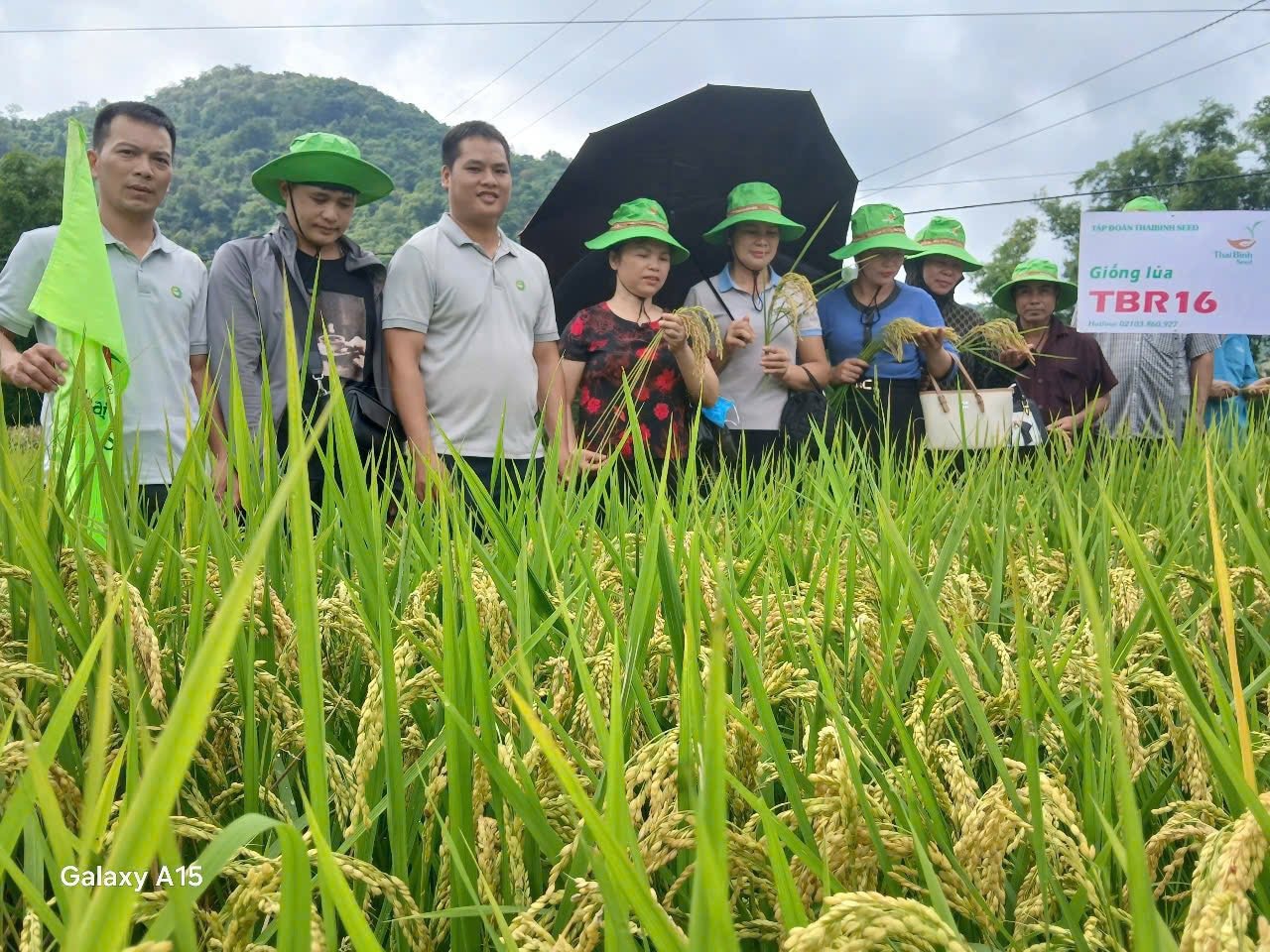
In terms of rice quality, TBR16 produces semi-slender rice grains, with a beautiful bright white hull, and no chalkiness. When cooked, the rice has a moderate softness, a light aroma, and a rich, sweet aftertaste - very popular with high-end consumers. In particular, the high milling rate, with 78-85% brown rice, and a high head rice ratio, is very suitable for export orders with high requirements on appearance and head rice ratio. Preliminary assessment shows that TBR16 is qualified to participate in the supply chain of clean rice, organic rice, and products serving the markets of Japan, Korea, and Europe - places with high demand for Japonica.
A notable highlight is that the entire production process of ThaiBinh Seed's seeds and commercial rice adheres to strict safety standards, with a commitment to "5 no's": no pesticide residues, no preservatives, no anti-mold/anti-worm chemicals, no bleaching, no mixing of poor quality rice. This is a step that clearly demonstrates the orientation of sustainable development, towards clean agriculture, ensuring consumer health and meeting new generation free trade agreements such as EVFTA, CPTPP.
With high yield potential, superior quality and good resistance, TBR16 not only helps farmers increase their income but also opens up opportunities for large-scale, high-quality rice production.
According to a report from ThaiBinh Seed, many of the company's previous demonstration models such as TBR225 and TBR279 have recorded an average profit of over 100 million VND/ha/year when applying reasonable cultivation processes and guaranteed output. TBR16, with its outstanding advantages, is expected to follow suit and expand the Japonica production area in midland and mountainous areas.
In addition to its economic value, TBR16 also helps reduce production risks for farmers thanks to its ability to adapt well to climate change, especially its ability to withstand cold. With the trend of extreme weather becoming increasingly unpredictable in recent years, putting into production highly resistant rice varieties such as TBR16 is a smart and sustainable choice.
Promising rice varieties
From the actual production model in Thai Nguyen, it can be seen that TBR16 is a promising rice variety. However, to exploit its potential to the fullest, farmers need to follow the technical process guided by ThaiBinh Seed, and should test it on a household or household scale before expanding it widely. In addition, localities, cooperatives, and enterprises need to coordinate to organize more demonstration models in difficult areas such as the Northwest, Northeast, and mountainous areas of Thanh Hoa - Nghe An, etc., to verify its adaptability and promote the construction of a stable consumption and output chain.
TBR16 is not simply a new rice variety. It is the result of a series of systematic research, associated with ThaiBinh Seed's strategy of developing high-quality, sustainable varieties. The appearance of TBR16 will be a boost to help transform farmers' farming mindset from small-scale to specialized commodity production, increase added value and build the Vietnamese rice brand in the international market.
ThaiBinh Seed was established in January 1972. After more than half a century of formation and development, this enterprise now plays the role of a leading scientific and technological unit in the field of plant varieties in Vietnam. The company currently owns more than 20 copyrighted plant varieties, put into annual production on an area of about 62,000 hectares, providing about 15-20% of the national demand for rice seeds. With strong potential in research and development (R&D), ThaiBinh Seed has built a 152-hectare Plant Research Institute system, operating two seed processing factories with a total capacity of 40,000-50,000 tons/year. The company's value chain model from research to commercialization is currently considered one of the typical closed supply chains, demonstrating the emerging role of Vietnamese enterprises in the field of high-quality agriculture.
To date, ThaiBinh Seed has 28 plant varieties recognized by the Ministry of Agriculture and Rural Development as national varieties, typically TBR97, TBR225, BC15, TBR89... Many varieties have won domestic and international scientific awards and have been included in large-scale commodity production programs in various regions. In the trend of developing rice varieties for export while ensuring good adaptation to climate changing conditions, ThaiBinh Seed has focused on researching Japonica varieties - a type of rice that is increasingly popular in the high-end market.
Source: https://baonghean.vn/trinh-lang-giong-lua-japonica-moi-tu-thaibinh-seed-tbr16-10301823.html










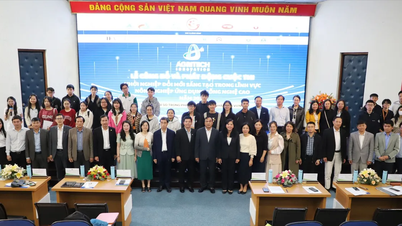

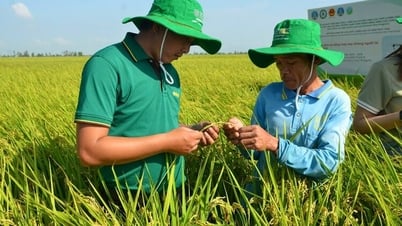







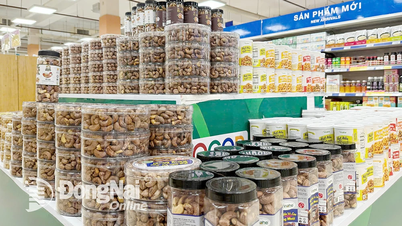



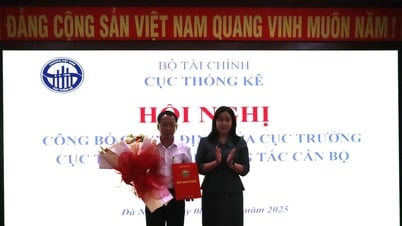



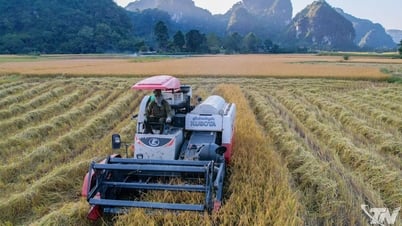







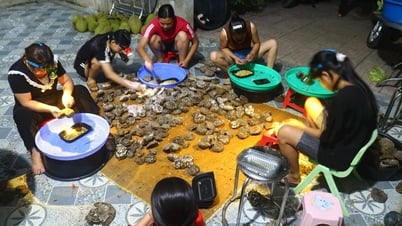









































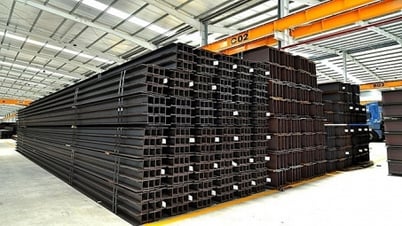









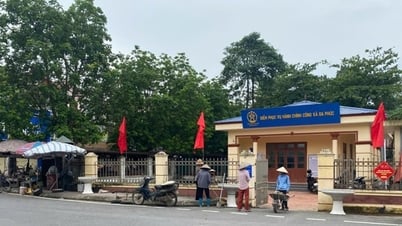
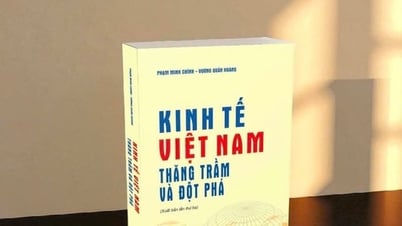

















Comment (0)